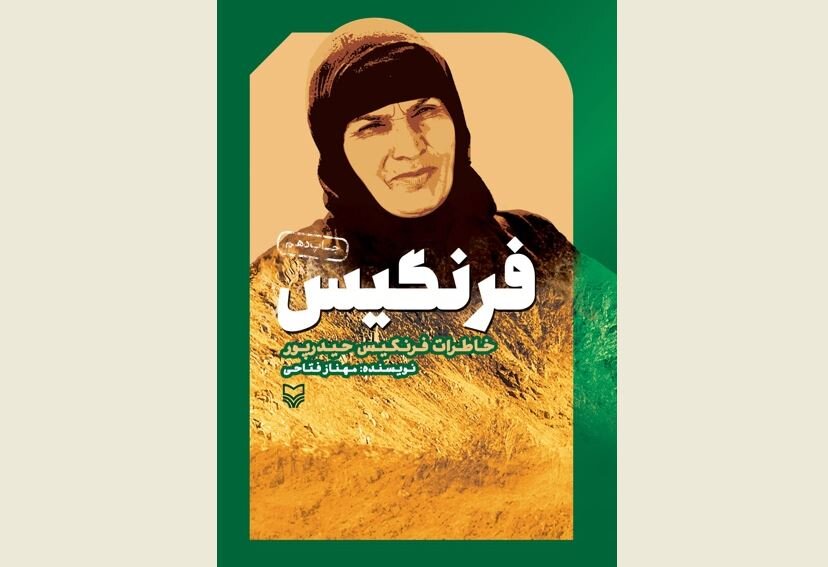A feminine story of bravery, "Farangis"

Lately, audiences have become interested in non-military aspects of the war, such as women's wartime memories, and Mahnaz Fattahi is one of the top writers in this field who has written the story of Farangis Heidarpur, one of the great heroes of that time.
* Why do you believe it is vital to write about women's wartime memories?
When society returned to peace after the war, we all agreed that the memories of the war and the events that occurred at the time should be recorded. It began with men's memories, and it was assumed that only soldiers had a big role while men were just a part of it. Women volunteered as relief workers, supported their husbands and sons, and collected aid for the front. All of these activities were carried out by women during the war, but they were not documented; however, later research revealed that women were also involved, and in some cases, they even became armed, like Farangis. I also believe that while men's recollections seemed to lead to cold, soulless literature, women's war memories became increasingly important.
* Who are the novels' primary audiences?
We may think that the main audience consists largely of women, yet I have observed more men talking about it with me. As a result, I believe that the book's audience is all people rather than a specific group.
* What inspired you to write Mr. Farangis Heidarpur’s memoirs, and how did it go?
I'd heard a lot about her, and seeing her in person had long been a dream of mine until I found her phone number and address through a friend. I had numerous problems like that at first, and she refused to be interviewed, saying that she had told her memories to many others like me before. However, she eventually agreed to have her memoirs written and published from her childhood to the present.
* Would you explain the challenges you mentioned earlier?
Every time I wanted to talk to Farangis, I had to go a significant distance. Sometimes, after three and a half hours of driving, I found out she was not in a situation to be interviewed, and I had to return all this way without getting anything done. The hardest part was when I realized that there was not much evidence for the documentation part, and most of what is stated in this book on documentation are due to the help of locals.
Leave a Comment